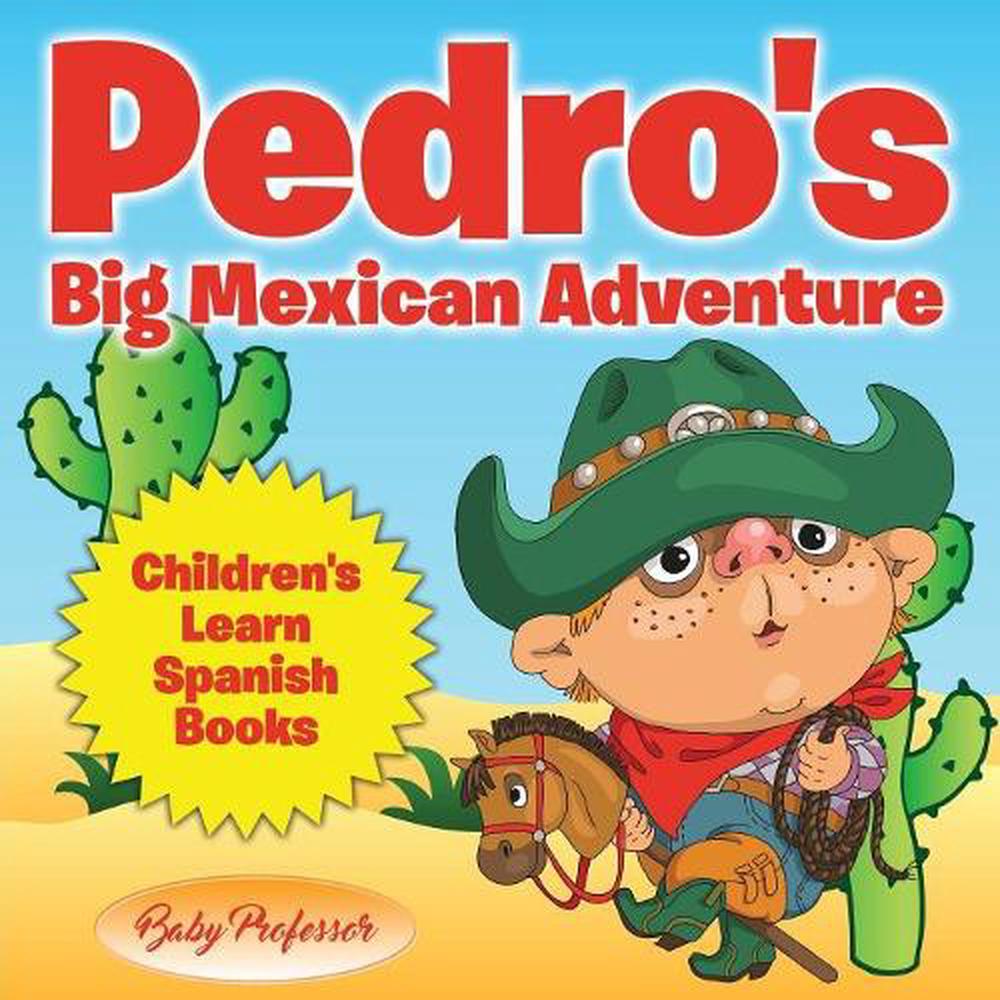

But if you wanted to say ‘I count,’ it’s ‘cuento’ – that ‘o’ sound changes to a ‘ue’ sound instead and that vowel change can be very confusing. As an example, in Spanish, if I wanted to say the verb ‘to count,’ it’s ‘contar,’ so it sounds a little like the English. In other European languages you don’t have the same kind of vowel changes. But the reason Spanish was the hardest for me was because it was the first, and learning a language for the first time meant that I was constantly doubting myself.īut in terms of comparing languages from one to another, one of the trickier technical aspects of Spanish would be conjugation. I’ve dabbled in Hungarian, and in Mandarin, and even in the Quechua language that the Incas used to speak. It’s funny, because whenever people ask me what the hardest language I’ve learnt was, I tend to say it was Spanish, but not for the reasons people might think. What do you think is difficult about Spanish, and what’s easy? Ha! So, to begin with, take a creative approach, concentrating on communicating-by-any-means rather being too focused on what’s right.Īs part of your Fluent in Three Months project, you’ve learned a lot of different languages. You need to embrace sounding like a Tarzan version of a Spanish speaker. You have to get out of the academic mindset in which you need to get your grammar perfect, you need to use exactly the right words, you need to sound sophisticated-and until you’re at that point, you’re not worthy of actually speaking the language. I didn’t even know the word for ‘refund.’ I just said, ‘to and fro, to and fro, money to and fro,’ and it worked. When I wanted to get an electric toothbrush fixed, I had to say, ‘tooth machine not good, won’t go!’ But saying that in Spanish worked. I didn’t know any of the words that I needed to know. What made a difference was when I finally thought to myself, ‘I need to start consistently speaking Spanish.’Īt that point my Spanish was absolutely miserable. They go to the country, and have a good time, but they have a good time with people who speak English. But it didn’t-I lived six entire months in Valencia, and didn’t learn any Spanish, because all my friends were English speakers.

I thought that that would solve my problems. If anyone takes anything from my advice, the biggest thing I would say is that they have to get out there and make mistakes in whatever language they’re learning, be it Spanish or anything else.

I got myself out of that mindset, by embracing mistakes. But part of the problem is this self-fulfilling prophecy people will look for evidence as to why they’re not good at languages. I am an electronic engineer by trade, and consider myself more of a technical person: good at science, and mathematics, and so on. I always like to preface any discussion by saying that I came from a background of ‘not being good at languages.’ There’s a myth that a lot of people have embraced, where you’re either good at technical stuff or you’re good at the arts and languages, and I very much believed that myself. Can we really teach ourselves to speak a new language?Ībsolutely. But before we start, perhaps you could tell us a little bit about what it takes. Today we’re going to talk about the best books for people who are learning Spanish. Foreign Policy & International Relations.


 0 kommentar(er)
0 kommentar(er)
